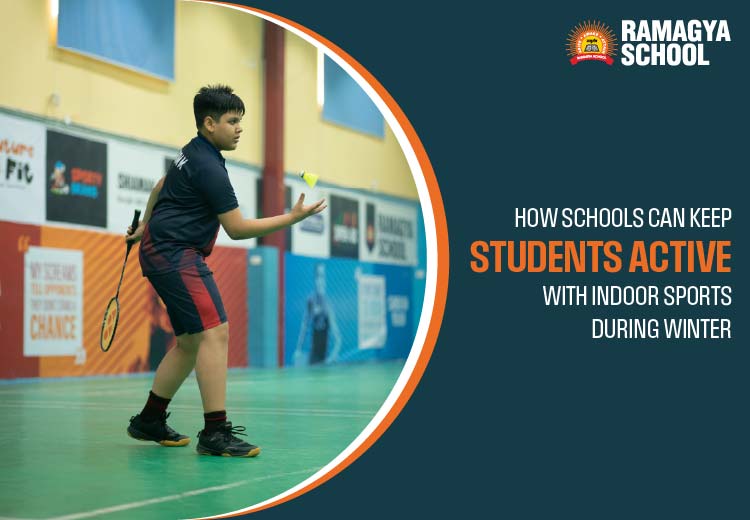Many parents experience the same dilemma every day. The school day is over, the child is home, everything seems fine until it’s time to start homework. The energy level drops suddenly. Children may be exhausted, unfocused, irritable or just not able to concentrate and sit down. Parents can also get stressed out too. However, it doesn’t have to be that way.
If done with the right approach, homework for kids will become a smooth and regular part of their day rather than a struggle or disagreement. The idea is not to yell or scold instead, but to gently guide them, create a positive routine and help children feel reassured rather than pressured.
Below are 10 easy and practical tips that make helping kids with homework easier for both children and parents.
- Create a Calm and Comfortable Homework Desk
A designated homework desk will help children realize that this is their work space. It must be tidy, bright, well-lit and free of distractions like TV or loud noises. When kids sit in the same space every day, their mind automatically prepares to study.
- Set a Homework Routine
Doing homework for kids every day creates a routine. It might be right after school, after play time, or even after eating a snack. Choose an hour when your child is feeling refreshed. The consistency makes the process easier each day.
- Break Work into Small Steps
If a child has lots of homework, it is possible that they may feel overwhelmed. Divide it into smaller tasks. For instance:
- First: finish maths questions
- Then: read English chapter
- Lastly: write science answers
Small steps are easy to follow and achievable – this makes helping kids with homework more effective.
- Keep Necessary Supplies Nearby
Make sure that homework desk includes everything your child requires:
- Sharpened pencils
- Eraser
- Scale
- Colour pencils
- Notebook
If everything is in reach, time is not wasted, and focus remains.
- Give Short Breaks Between Work
Children can’t focus for long. After every 20-30 minutes of work for children, give them an interval of 2 to 3 minutes. Drinking water, stretching, or walking around can keep the mind fresh.
- Appreciate Effort, Not Just Correct Answers
Children respond to positive encouragement. Reward them for their efforts, even if the outcome may not be the perfect answer. Words like:
- “You are doing well”
- “I love how hard you are trying”
- “Let’s solve this together”
Develop confidence. The feeling of appreciation makes helping kids with homework an enjoyable experience rather than a stressful experience.
- Avoid Multi-tasking During Homework
Homework time should be quiet and focused. Avoid:
- TV in the background
- Phone in hand
- Eating and studying together
One task at a time will help children finish quicker and with greater clarity.
- Use Real-Life Examples to Explain Concepts
Children lose interest when they don’t know what’s going on. Making the connection between studies and real-life helps. For instance:
- Fractions can be displayed with pizza slices.
- Word meanings can be explained through everyday phrases.
It makes homework for kids more meaningful for them.
- Be Patient and Calm
Children learn slowly. Getting angry will only lead to anxiety. Be with them, watch them, and gently guide them. Your calm tone will help your child’s mind remain calm.
- End Homework with Something Happy
After you have finished your homework, let the children do something that they love:
- Play time
- Drawing
- Music
- Story time
When homework ends with joy, they will not have to worry about it next time.
Why These Tips Work
These strategies assist in helping kids with homework because they:
- Establish a routine
- Reduce confusion
- Let your study feel safe and supported
- Encourage learning on your own
As they do more practice, children develop the ability to control their time, and learn to accept their responsibilities.
Also read: The Future of Homework: Digital Assignments and Online Collaboration
Conclusion
It doesn’t have to be a daily battle. Making a comfortable homework desk, routines, taking breaks and offering encouragement can help kids make homework a much more enjoyable and more positive experience.
Remember, the goal isn’t just completing homework, but rather helping your child become an independent and self-confident student.
FAQs
Q1. What should I do if my child does not want to start homework?
Stay calm. Give a gentle reminder and say you will start in 5 minutes. Doing this every day helps build routine.
Q2. How long should homework be completed?
Most of the time, it’s between 45 minutes and 1.5 hours, based on what age the child is and their class.
Q3. Do parents need to sit with their children while they do their homework?
For children in the early years, it can be helpful. In the case of older children simply keep an eye on them from time to time and provide support as needed.
Q4. What happens if my child is angry quickly while doing their homework?
Pause for a few minutes and encourage them with a gentle touch to explain the process in a more simple method.
Q5. Is it okay to give rewards for finishing homework?
Yes, small happy rewards are fine – like extra playtime or a sticker. Try not to use sweets or big gifts as rewards.




